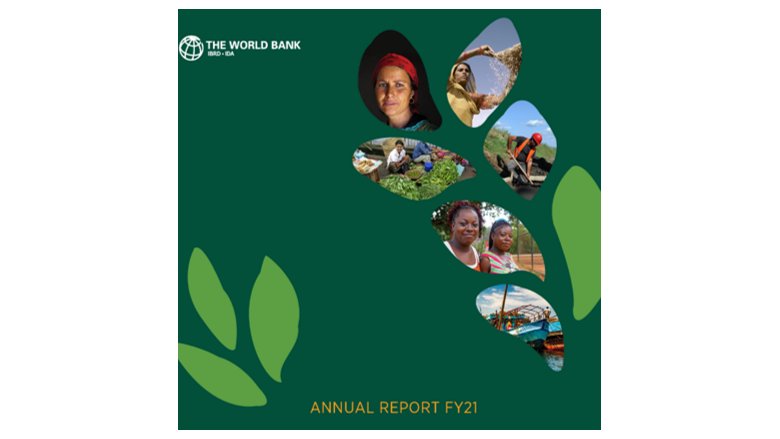
The World Bank’s Grievance Redress Service (GRS), now in its seventh year of operation, represents a vital component in the World Bank’s overall accountability framework, building trust with project-affected communities by ensuring that their concerns are promptly reviewed and addressed.
The Grievance Redress Service (GRS) is an avenue for individuals and communities to submit complaints directly to World Bank management if they believe that a Bank-financed project has or is likely to have adverse effects on them, their community, or their environment. Over the past two years, the World Bank has taken significant steps to strengthen the GRS, as well as to expand outreach to Bank staff and stakeholders regarding the GRS and its effectiveness in addressing concerns about environmental and social issues in World Bank-financed projects.
In its recently released FY21 Annual Report, the GRS illustrates the effort and collaborative approaches taken by Bank staff to resolve complaints relating to environmental and social issues. In FY21, the GRS received 299 complaints, up from 225 cases received in FY20; equally, of the 299 complaints, 167 were deemed to be admissible compared to 90 in FY20. The remaining 132 complaints were considered outside the scope of the GRS, as they were unrelated to World Bank-financed projects, or raised issues related to procurement or fraud and corruption. Such complaints were referred to the relevant World Bank units for follow-up. A list of active cases admitted by the GRS is available here.
In addition to the 167 new admissible complaints received, the GRS also handled 92 active cases from FY20 for a total of 259 admissible cases in FY21 at various stages of processing. “This is no small task,” said John Kellenberg, Manager for ESF Implementation and GRS in OPCS. “The GRS has become a key channel for project-affected people to raise their concerns to World Bank management. As awareness of the GRS increases, we have seen that more people are using this channel.”
The GRS addresses concerns related to a variety of Environmental and Social issues, including (i) land acquisition and resettlement; (ii) public consultations and stakeholder engagement; and (iii) community health and safety. In FY21, the sector that generated the highest number of admissible cases was Transport, followed by Urban, Resilience and Land sector, and a large proportion of them related to World Bank-financed projects in South Asia followed by projects in Eastern, and Southern Africa. In the context of the pandemic, complaints relating to COVID-19, and labor and workplace conditions, were also seen for a second year in a row.
Once a complaint is received, the GRS communicates with all parties involved, including relevant Bank units and task teams, borrower implementing agencies, and complainants, to determine the most appropriate approach (including dialogue and negotiation, fact-finding, dissemination of information, etc.) to help resolve grievances that particular context. In most cases, as the Annual Report illustrates, this has led to the Borrower engaging in further dialogue with the affected individuals as a result of the complaint raised with the GRS. In some others, the World Bank and the project implementing agency agreed on a plan to address the issues raised by the complainant.
The World Bank is committed to making the institution more accessible to project-affected people and to help ensure faster and better resolution of project-related complaints. To that end, the GRS has made great strides in becoming an effective instrument of accountability, fostering institutional learning and a tool for early identification of potential issues that may arise at the project-level.
To access full-text of the GRS Annual Report, click here.